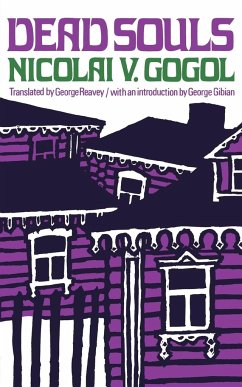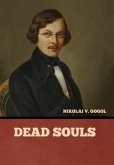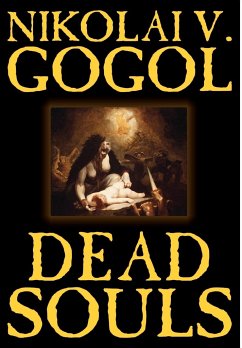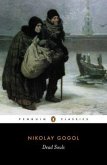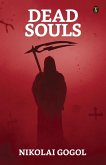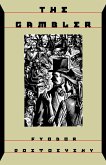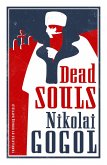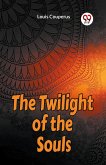A few factual points ought to be explained to the reader, even though the novel itself eventually suffices to clarify some of them. First, the title of the book. Among Russian serf-owning gentry, the idiomatic way to assess someone's wealth was to express it in terms of the number of "souls" he owned-that is, male, adult serfs. Taxes on serfs had to be paid by the owner until the next census or registration date even if they may have died in the meantime. Gogol's "dead souls," in addition to this literal reference to serfs who had died since the last registration date for serfs, are also a metaphor for the dead moral and spiritual sensibilities of the many inhabitants of Gogol's zoo. This title ran into trouble with Gogol's censors, who held the ridiculous suspicion that the title might be a blasphemous attack on the immortality of the human soul. Gogol therefore added the title "Chichikov's Adventures."
Hinweis: Dieser Artikel kann nur an eine deutsche Lieferadresse ausgeliefert werden.
Hinweis: Dieser Artikel kann nur an eine deutsche Lieferadresse ausgeliefert werden.

